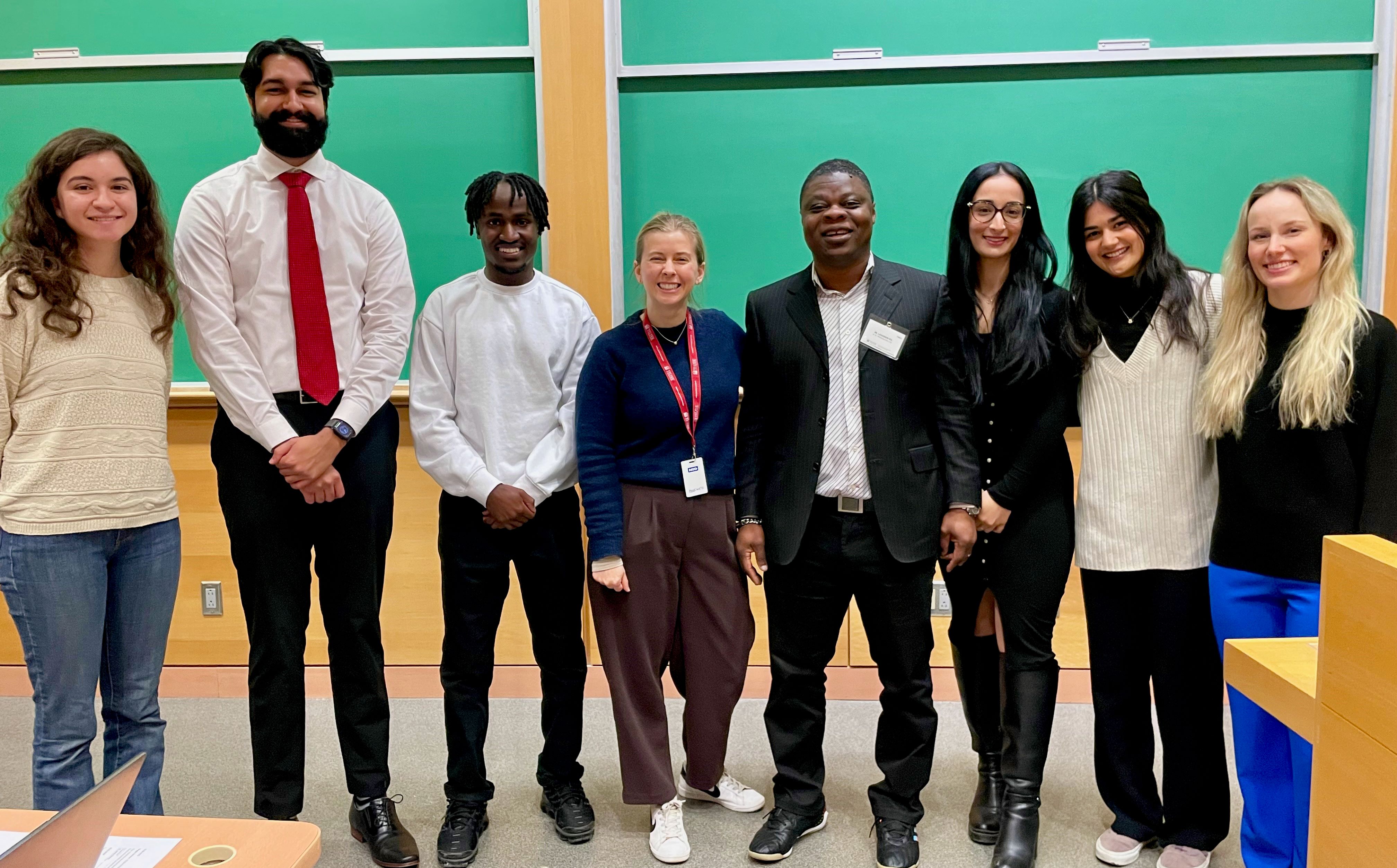Canada’s health-care system faces a serious, but often ignored concern: in-hospital cardiac arrest (IHCA). Despite medical advances and significant in-hospital supports, a Statistics Canada report on the leading causes of death nationally indicates that heart-related disease is one of the most common.
To explore this issue, Telfer professor and Scientist at the University of Ottawa Heart Institute, Christopher Sun has received funding from the Canadian Institutes of Health Research Project Grant Program for his project titled “Artificial Intelligence Supported In-Hospital Cardiac Arrest Prediction, Prevention, and Management.” Sun will go beyond current methods to develop a complex and reliable IHCA prediction model.
For Sun, “This project is a unique, unified effort that combines advanced analytical and clinical expertise to create a powerful tool for improving patient care and enabling timely interventions that can save lives.”
Interestingly, even when patients are in the hospital, cardiac arrests are a significant health-care issue, with a survival rate of only 18–25%. More alarmingly, many of these IHCAs are preventable, if the patients are properly identified as at-risk.
While current methods offer some ability to predict when patients are at risk, they lack the complexity or reliability necessary to ensure patient resilience. Advanced artificial intelligence (AI) programs could be a way to evaluate IHCA risk quickly and efficiently and present life-saving interventions.
An innovative prediction and intervention program

Sun wants to pioneer an IHCA predication model that won’t only identify IHCA risk factors but also identify specific interventions and actionable advice that can be applied to patients. Drawing on an expert consensus, Sun aims to create a deep-learning IHCA model that will identify both long and short term IHCA risk for adult patients.
His project will be based on an analysis of patient datasets collected from the Ottawa Heart Institute, Ottawa Hospital and Montefiore Medical Center (New York).
A novel IHCA prediction model could be implemented in hospitals worldwide, not only optimizing use of scarce hospital resources but also improving the outcomes of IHCA at-risk patients, and ultimately, saving countless lives globally.











